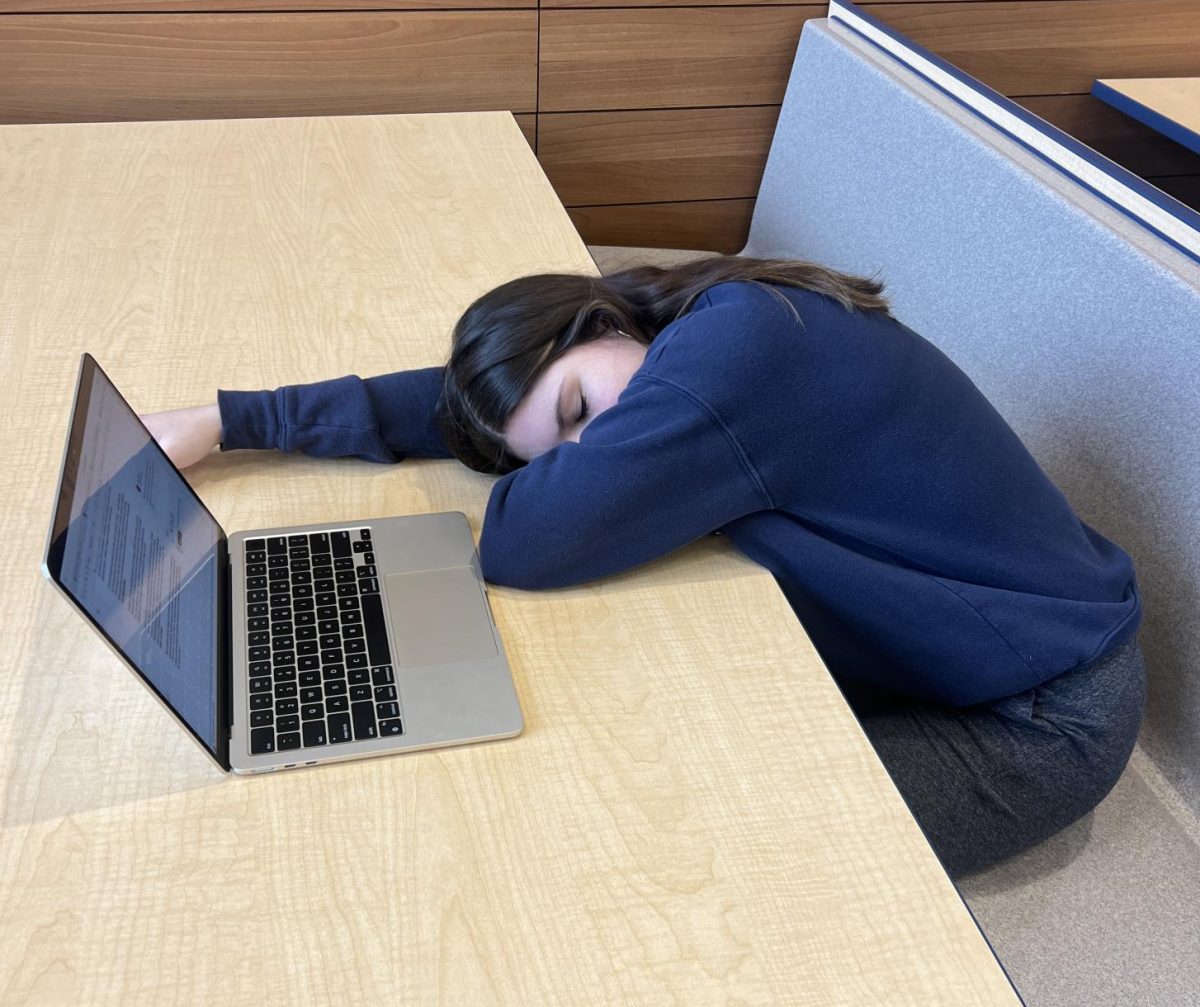As the seasons change, students’ mental health tends to worsen. Daylight savings time can worsen mental disorders like anxiety, depression and seasonal affective disorder. The scarcity of daylight causes individuals to become much more tired and lack the motivation to complete their daily tasks.
Daylight savings time ends on the first Sunday of November —Nov. 3 this year— and restarts on March 10. The time in between these months is considered standard time, where it gets dark very early in the evening. Many individuals claim this period is exceptionally gloomy and dull.
Many students’ moods are impacted by the drab weather which offsets their productivity. “When I get to work at 5pm it is already dark outside which makes my shift go by really slow,” said student Erin O’Brien.
The lack of exposure to vitamin D and other benefits of sunlight can worsen mental disorders. The most common mental disorder impacted by daylight-savings is seasonal affective disorder, also known as SAD and depression. Additionally, the hour-change can upset individuals’ circadian rhythms, ultimately changing one’s appetite, mood and sleep. “When it is so dark outside I want to go to bed at really early times of the night like 6pm which messes up my sleep schedule,” said O’Brien.
Hormone imbalances caused by the shifts result in changes to routines. “Less morning light can decrease levels of the mood-boosting hormone serotonin. In contrast, exposure to light later in the evening can delay the production of melatonin, the hormone that helps you fall asleep. Many people also have trouble adjusting their sleep schedule to the new time,” said executive editor Matthew Solan.
Students’ schedules are disheveled due to the changes in their circadian rhythms and lack of natural sunlight. On average, students lose 32 minutes of sleep every day of daylight savings time. Less sleep can have a large impact on their mental health and academic success, especially when teens already struggle to get eight hours of sleep per night.
A lack of sleep can hurt one’s academic performance and worsen their overall mood. “Daylight savings has definitely disrupted my energy levels. I notice that I become tired much earlier, almost as soon as it gets dark. Especially when I’m at work, I lose energy and naturally feel like I should be getting sleep instead. Losing an hour in the day, especially in winter, takes away some of my motivation to do homework or other school related things due to exhaustion,” said senior Lily Hansel.
Many students already struggle with increased anxiety and depression due to the pressures of school and social life. Daylight savings only worsens these disorders and creates an extremely difficult environment to succeed in. Recognizing these challenges associated with daylight savings and advocating for supportive measures can help students navigate this time and limit the negative effects.










Lizzie • Dec 8, 2024 at 1:46 pm
I definitely agree with this article it makes some great point about mental health.